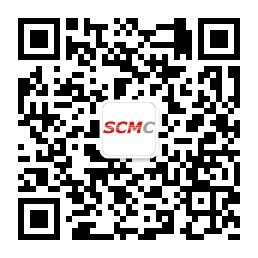Recession, oil price volatility and the sheer complexities of managing large-scale world-wide supply chains are converging to deeply impact companies of all sizes. More than 80% of Fortune 1000 companies experienced supply disruptions in the past 24 months that negatively impacted their customer relations, earnings, time to-market cycles, sales, and overall brand perceptions. Skills, sufficient market intelligence and information systems, and established metrics and procedures for assessment is essential to effectively predict, mitigate and manage supply risks.
The ability to systematically approach & better manage global supply chain risk has led to the concept of The Resilient Enterprise -- an increasingly important strategic and operational imperative in the face of an escalating risk environment.
This course explores methods to build enterprise resilience from multiple perspectives:
-
the perspective of the supply chain planner who has concerns about how to assess strategic & operational risks
-
the perspective of the supply chain operations director who must help the enterprise adapt to day to day uncertainties in demand & supply....
-
the perspective of supply chain customers who are concerned about how to ensure day to day business continuity ; and also how to cope with low probability but high impact events such as a terrorist attack or earthquake.
This course will introduce the student to the state of the art tools in use to map and manage supply chain risk, in addition to supply chain risk management skills.
Content and Arrangement
SCRM is a hands-on course that develops skills via practice and simulation. We’ll review the basic concepts of business and supply chain risks, examine best practice companies that have become more Resilient Enterprises through aggressive adoption of formal corporate supply chain risk management programs, such as Shell, Dow Chemical and Boeing. We’ll explore the supply chain dimensions of extreme events such as a hurricane, terror attack or a pandemic and assess and analyze the risk presented from environmental factors and develop ways to reduce the impact of these major events. supply chain risk mapping tools and techniques, focusing on the Risk Simulator and analytics of DRK Research, with a framework and process consists of a set of disruption predicators, to better understand the drivers that create supply disruptions and mitigate the risk more proactively.
- Provide the student with exposure to the concept of Supply Chain Risk Management as an emerging business discipline of crucial importance.
- Demonstrate how the student can use systematic approaches, such as the Supply Chain Council Operations Reference Model (SCOR) to assess overall supply chain risks.
- Enable the student to conduct more detailed supplier risk appraisals using the DRK Supply Chain Risk Framework & associated Risk Simulator Software to conduct a corporate supplier risk / resilience audit.
- Provide a hands-on role-play exercise for the student on managing supply chain extreme events in support of key learning objectives.
- Reflect on the spectrum of concepts and practices and determine critical lessons learned in regards to the nature and management of supply chain risk.
- All Purchasing and Supply Chain Management professsionals




